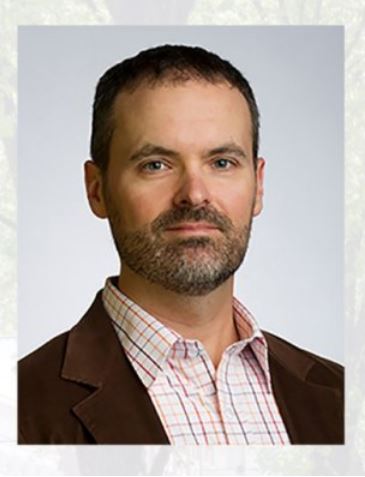
What did you study at Yale, and what is your current profession/job?
I am currently the Dean for Faculty Development at Berklee College of Music. I received my Ph.D. in Music History in 2004.
What do you like most about your current role? What do you find most challenging and/ or rewarding?
My job is the ideal confluence of two things I did a lot at Yale: talk about music, and talk about teaching. Every day I work with faculty, chairs, and administrators to help shape the teaching that happens here at Berklee, to think about the shape of our curricula, and to help plan new programs for the future. Among the rewards are the opportunity to hear a LOT of great music, working with talented faculty and students from around the globe, and, of course, helping to shape the future of education in the performing arts.
How did your time at Yale shape your career trajectory?
I wrote a dissertation on a medieval topic, which appealed to me because I liked learning about a lot of different subjects and then synthesizing them. In my dissertation, those subjects were things like music, liturgy, art history, and Latin; and while an administrative job doesn’t typically require a lot of Latin beyond “cum laude” and the occasional “ipso facto,” it does similarly require synthesizing a lot of information from disparate fields. I enjoy being able to continue to learn about music and pedagogy, but also things like management, budgeting, accreditation requirements, and education policy. It’s difficult to be an effective administrator while maintaining a narrow focus, so in that way my dissertation work was an influence on (or predictor of, it’s hard to say which) my future career.
The other big way in which Yale shaped my career was through what was then known as Working at Teaching—later the Graduate Teaching Center and now the Center for Teaching and Learning. The five years I spent in the GTC as a consultant and later as a program coordinator were formative for me, as I learned how much I liked talking with teachers about teaching and building a program from the administrative side. Every job I’ve had since Yale included a significant faculty development component, and there’s no question that my time in WAT/GTC were instrumental in getting me there. The fact that I got a degree in music, and now work at a music school doing faculty development work, is serendipity.
What are the main skills that you acquired as a PhD student which help make you successful in your current career?
They’re a bit of a cliché, but also true: research and writing skills, of course, and the ability to balance the urgent mundane with steady progress on longer-term goals whose rewards are far more distant and nebulous. Effective teaching, of course, requires practice in a number of other skills, many of which are of the “soft skills” variety: learning when to talk and when not to; how to adjust to different audiences; calibrating feedback so that it’s effective for a specific individual; empathizing with a learner whose interest or skill level doesn’t align with one’s own; and so on. All of these skills translate quite readily into almost any professional context, in or out of academia, in or out of administration.
What advice would you offer PhDs who are interested in your line of work?
Start diving into the literature on teaching and learning! Attend teaching conferences, spend a lot of time talking with teachers about their views on effective teaching, reflect on how you learn things. Take any administrative opportunity you can: help to organize a conference, participate in an accreditation process, apply to be a McDougal Graduate Teaching Fellow or Student Life Fellow, help out with a journal, and so on. Any of these roles offers experience with the quote-unquote “non-academic” skills that all academics benefit from, whether they end up in administrative jobs or not. Finally, connect with people who have the kind of job you’d like to have. Find out what their experience is and how they ended up there. Most everyone I know is happy to share what they know with others interested in the field.
